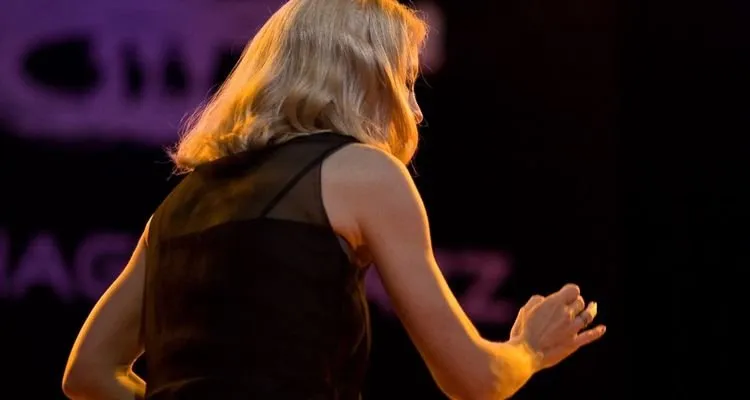Photo Credit: Maurice / CC by 2.0
In July of 2020, Grammy-winning composer Maria Schneider sued YouTube over alleged Content ID discrimination. Now, about two weeks after a judge rejected the Google-owned platform’s motion to dismiss the long-running complaint, YouTube is fighting to limit the data that it must disclose.
This latest development in the marathon legal battle just recently came to light in a filing from Maria Schneider’s counsel. According to the seven-time Grammy winner’s original action, the video-sharing service “protects only the most powerful copyright owners such as major studios and record labels” from copyright infringement.
The alleged selective protection of media resulted from “litigation by major music studios and other significant rights holders,” the jazz professional’s suit relayed. Moreover, Schneider (along with a former plaintiff, Pirate Monitor) maintained that “if a rights holder does not have the economic clout to qualify for Content ID, YouTube refuses to add their works to the Content ID catalog for prepublication protection even if those works have previously been infringed on YouTube hundreds or even thousands of times.”
(YouTube pushed back against the claims of Pirate Monitor in particular, and the Virgin Islands-based entity, which ostensibly possesses the copyrights to several Hungarian films, exited the case in March of 2021, per TorrentFreak. Other plaintiffs have since joined Schneider in the suit.)
Consequently, it’s alleged that relatively small-time copyright owners are effectively left to fend off repeat pirates on their own – a decidedly difficult process, needless to say, given the popularity and massive number of active users on YouTube.
Lastly, in terms of the lengthy courtroom confrontation’s background, April of 2021 then saw Maria Schneider formally call on the Google subsidiary to disclose a list of the takedown notices that it had received as well as repeat infringers’ identities.
“Defendants have refused to produce any Takedown Notices beyond those submitted by the named Plaintiffs and have refused to provide any documents or data concerning infringement detected by Content ID,” the corresponding filing indicated.
Bearing in mind the more than year-long quest to compel the production of takedown-related information, YouTube is officially seeking to limit the data that it’s required to provide, according to new filings.
A letter written by Maria Schneider’s attorneys (and addressed to the presiding judge) explains that YouTube had previously “declared impasse over the set of data sought by” the plaintiffs, “but nevertheless agreed to produce takedown notice data for a single day.”
Schneider’s team subsequently filed a motion requesting “a production of 180 days of data,” whereas YouTube, in responding to an email about the timetable associated with the single-day data’s release, “stated they would only produce that day of data” if the composer’s counsel “withdrew their letter brief.”
As a result, the plaintiffs are now pushing for “the production of all data requested,” a preclusion order, or “the appointment of a special master to resolve remaining issues.”
“Defendants’ refusal to provide a single day’s worth of data further supports the appropriateness of Plaintiffs’ requested relief,” the document concludes.

